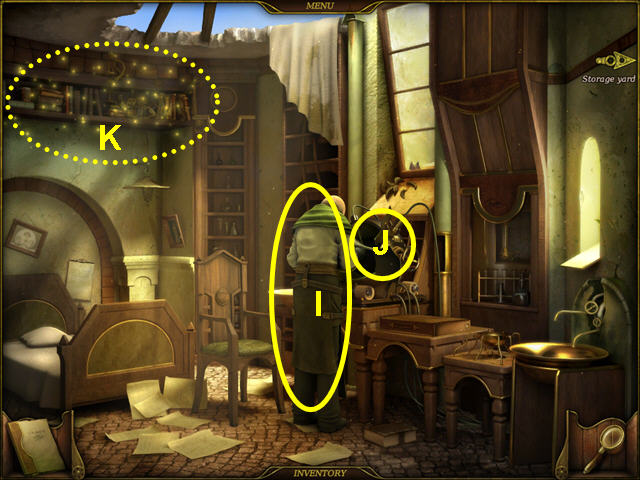

If the cleansing is successful, the cell is rejuvenated. However, instead of relaxing while a masseuse rubs away muscle knots, cellular spa mode involves shutting down non-essential cellular operations and cleansing the cell of damaged proteins. When cellular stressors are detected, the ISR initiates spa mode.


Luckily, cells have a mechanism for escaping the consequences of stress: the integrated stress-response (ISR) pathway. They may not become infected, but they will suffer some form of stress eventually. These cellular stressors can damage a cell’s proteins, and if there is a lot of damaged protein, a cell can’t function well. Admittedly, they aren’t dealing with psychological stress from poverty or global pandemics, but they have their own problems, such as nutrient deprivation and viral infection. We can’t escape stress, but if we relax after a stressful event, we can escape many of the consequences of stress. Thus, one of the keys to living a long and healthy life is to relax. These scientists’ backgrounds would suggest Altos Labs has a two-pronged research strategy: 1) reverse the damage that occurs as we age and 2) rejuvenate stem cells’ capacity to create healthy new cells. Altos Labs, which has already secured $3 billion in funding, hasn’t released much information about their strategy, only that they are “focused on cellular rejuvenation programming to restore cell health and resilience, with the goal of reversing disease to transform medicine.” Catchy sales pitch, but not a lot of substance.Īltos Labs has, however, released a lot of information about the scientists they’ve recruited, and it is an impressive list, comprising some of the superstars in aging-related disorder research. After all, a half-dozen biotech firms have made similar statements over the past decade or so. At first glance, it is hard to get excited about this. The new biotechnology firm Altos Labs has recently announced it was taking on aging.


 0 kommentar(er)
0 kommentar(er)
